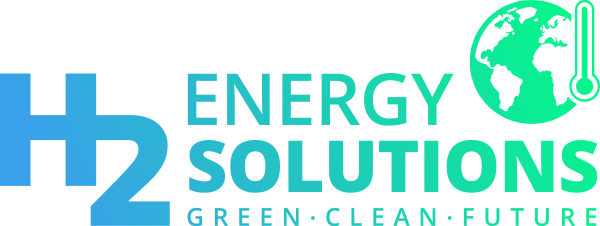Черный список работодателей и компаний Украины Черный список Украины
August 4, 2020Alcoholic Nose: Signs, Causes & Treatments
December 3, 2020
Treatment can be outpatient and/or inpatient and be provided by specialty programs, therapists, and health care providers. Health professionals sometimes prescribe medications to reduce the symptoms of withdrawal. Other medications can help you quit drinking by suppressing alcohol cravings or making you feel sick when alcohol enters your body. Alcohol misuse refers to single episodes during which you might drink excessively.
Outpatient Programs
İçindekiler
People who have AUD may continue to use alcohol even though they know it is causing social, health, economic, and possibly even legal problems in their life. In 2019, an estimated 14.5 million people in the United States had an AUD. What’s more, according to the Centers for Disease Control and Prevention (CDC), excessive alcohol use leads to over 95,000 deaths in the U.S. every year. By Buddy TBuddy T is a writer and founding member of the Online Al-Anon Outreach Committee with decades of experience writing about alcoholism.

Warning Signs
Contributors to this article for the NIAAA Core Resource on Alcohol include the writers for the full article, content contributors to subsections, reviewers, and editorial staff. These contributors included both experts external to NIAAA as well as NIAAA staff. Contributors to this article for the NIAAA Core Resource on Alcohol include the writers for the full article, reviewers, and editorial staff. Hosted by Amy Morin, LCSW, this episode of The Verywell Mind Podcast shares strategies for coping with https://ecosoberhouse.com/ alcohol cravings and other addictions, featuring addiction specialist John Umhau, MD. In addition to getting appropriate AUD treatment, there are things that you can do on your own that will make it easier to cope with and sustain your recovery. Roughly 15 million people in the United States were diagnosed with an AUD in 2018, including 19.2 million men, 5.3 million women, and 401,000 adolescents ages 12–17.
- Therapy is useful to help teach someone how to manage the stress of recovery and the skills needed to prevent a relapse.
- Third, AUD and PTSD have shared risk factors, such as prior depressive symptoms and significant adverse childhood events.
- Whether you care for youth or adults, you are likely to encounter patients with alcohol use disorder (AUD) regularly in your practice.
- But alcohol misuse, also known as excessive drinking, has a more immediate impact, whereas the symptoms of AUD will be more prolonged.
- If you’ve had two or three of those symptoms in the past year, that’s a mild alcohol use disorder.
- It can help someone handle withdrawal symptoms and emotional challenges.
Signs You May Have a Drinking Problem
Outpatient treatment provides daily support while allowing the person to live at home. For example, if you’re receiving treatment for a condition related to alcohol use, like cirrhosis of the liver, you should ask your healthcare provider about changes in your body that may be how to recognize signs and symptoms of alcoholism and alcohol abuse new symptoms. If you’re receiving counseling, ask your provider about handling high-stress situations when you may feel like you need some additional mental health support. Alcohol intoxication refers to a temporary condition that occurs when a person drinks an excess of alcohol at one time. It causes physical and behavioral symptoms that range from mild to severe. The NIAAA Core Resource on Alcohol can help you each step of the way.
- It also includes binge drinking — a pattern of drinking where a male has five or more drinks within two hours or a female has at least four drinks within two hours.
- The evaluation consists of 11 yes or no questions that are intended to be used as an informational tool to assess the severity and probability of an AUD.
- In addition, AUD is an addiction disorder, which means you may have a difficult time stopping alcohol consumption, even when you want to.
- Alcohol addiction may involve several different treatment methods.
Inpatient Rehab

The exact mechanism that causes people to misuse alcohol is unclear. Very high concentrations of alcohol in the blood can cause breathing problems, coma, or death. Make your tax-deductible gift and be a part of the cutting-edge research and care that’s changing medicine.

